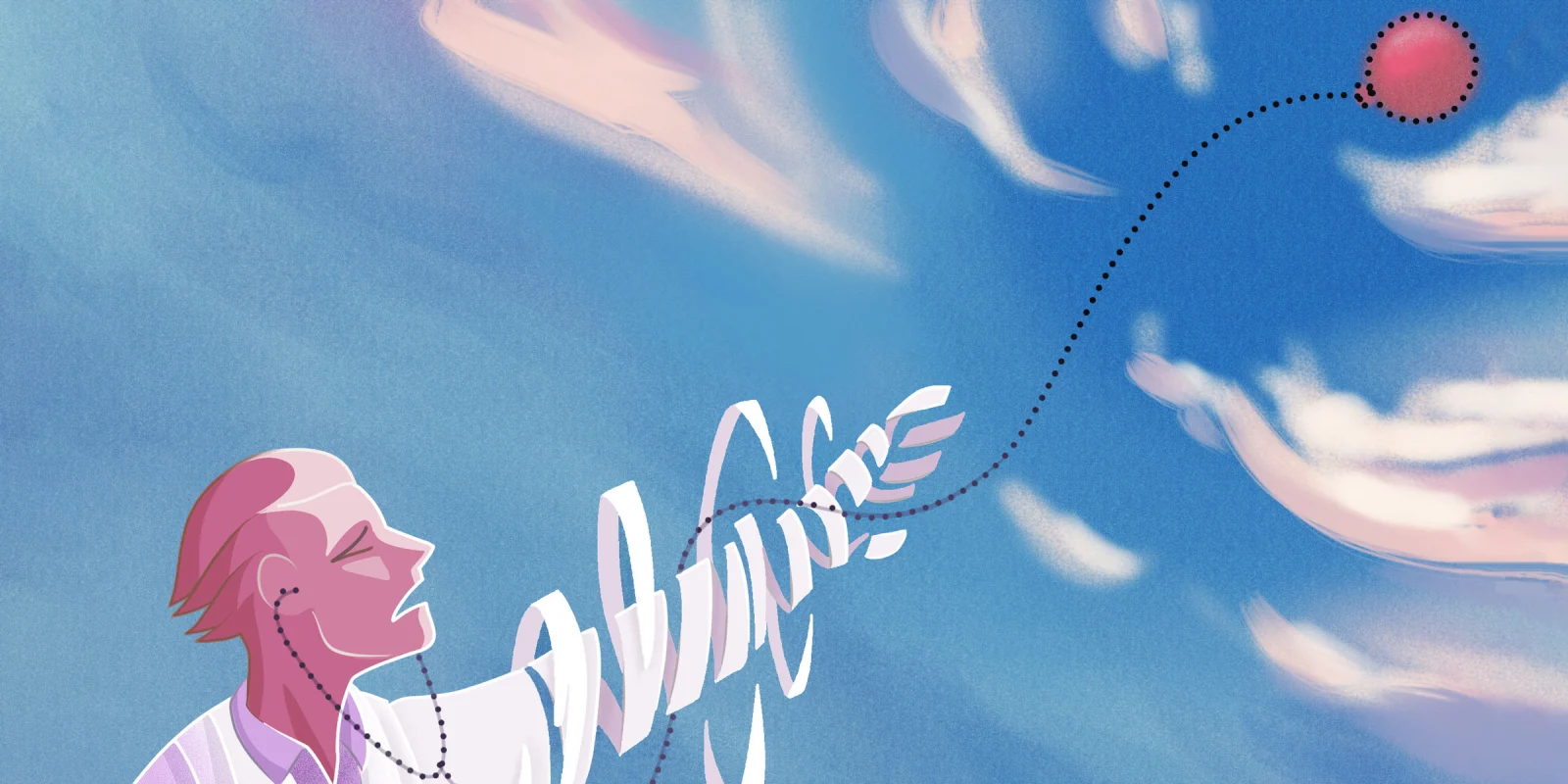“Honestly, I thought this dog would be lateral when it hit the door.”
As the on-call veterinarian explained her predicament, I saw them place her on the table. They were moving fast. Her eyes were open, and she was still breathing, but her usual spirit was gone. They drew some blood, checked her vitals, and even put in a jugular central line. As I watched them shave a patch of her fur and bring out an ultrasound probe, all I could do was stare. She was 4.5 lbs, so when they got access, I was impressed. The cages and floors were clean, the supplies were organized, and their workflow was deliberate and precise. It was a well-run ICU, even by human standards.
Less than 20 minutes before this, we were at our veterinarian’s office, where we learned that our two-year-old Pomeranian was thrombocytopenic with aspartate transaminase and alanine transaminase values of over 10,000, and that she needed to be transferred to an ICU immediately. But we were still confused. All my wife and I knew was that Caroline was not the same dog. She was usually an unceasing bundle of energy, chewing table legs, barking for toys and treats, and running from us in the backyard while trying to eat leaves on the lawn. Now, she was sluggish and could not control her bowels.
It’s not an emergency, I thought earlier that day, having seen too many emergencies to count. She had vomited the night before and seemed tired, so I worked from home and stayed with her. My instincts told me that she would perk up with time. I remembered her biting her paws after coming back from walks, which our veterinarian attributed to allergies (“Seriously, she has allergies?” I remember asking). Even the veterinarian said she’s a bit sensitive, I thought, remembering how Caroline would periodically whimper for three to four days after receiving a vaccination. I also gave her an anti-emetic, which was previously prescribed to her, and when I told the on-call veterinarian, she smiled and said, “Oh nice, that was a good idea.” She sounded genuine, but she may have been placating me. The medicine only masked Caroline’s symptoms. Ultimately, my instincts were fundamentally flawed, as they can be when physicians treat their family members. In the words of bioethicist Joseph Fins, it is easy to fall prey to “an exercise in technical reason obscuring value choices and clear thinking,” which can lead us to cling to unlikely, but reassuring possibilities.
Caroline’s time in the ICU revealed just how sick she was. We watched dog after dog come and go from the small steel cage next to hers. A goldendoodle ate a small bar of chocolate. A lab got into a fight at the dog park. Her cellmates walked in and walked out, while she stayed behind, getting fluids, liver protectants, and scheduled lab draws. Some days were better, and she’d sniff at her food. Other days were worse, and her eyes would look worn and glassy. Day by day, we waited for updates on labs and hoped that she would eat or wag her tail during our daily visits. I asked questions incessantly, volunteered statistics from veterinary literature, and recalled her symptom course to every on-call veterinarian in excruciating detail (even if they’d seen me before). But despite these efforts, we were at the mercy of a process that we did not understand. There is a substantial loss of agency and control in the hospital, and none of our efforts stopped her skin from becoming more and more yellow with each passing day. We eventually received the call we had been dreading. Her breathing had become labored, and small bruises were appearing on her abdomen. She was going into disseminated intravascular coagulation. Her liver was failing fast. It was time.
George Carlin observed that when you get a pet, “You are purchasing a small tragedy.” The loss is inevitable, and the impact is crushing. The house becomes quieter, and the internal monologue that fills the silence is not always comforting. After all of the labs and imaging, after evaluations from countless veterinarians, we never figured out how she got sick. We tried to speculate. A strange plant, a sweetener, a wild mushroom in the yard … Caroline would try to eat almost anything she saw, so these are our leading theories. But we don’t know for sure. Just as we don’t know how much pain she suffered during her final days. Or what her quality of life would have been, had she continued to live. Or whether she felt loved. These questions are never easy to answer, and the uncertainty can be unnerving.
While it’s convenient for me to scapegoat a mushroom for shattering our young family, it doesn’t provide much opportunity for growth. Two separate veterinarians told us that Caroline was one of the more complex cases they had seen, so I take reluctant solace in knowing that she helped some people, including me, become better doctors. If we’re lucky, we will meet a few patients over the course of our careers who give us a true glimpse into our deepest vulnerabilities. They can show us what we’re made of. Whether we can trust our instincts. Whether we know our limitations. How we deal with the unknown. Caroline gave me this gift, and I’m forever grateful.
Hold a memorial for any of your "small tragedies" in the comments below.
James Caruso is a neurosurgery resident at UT Southwestern Medical Center in Dallas, TX. He plans to specialize in complex spine surgery, and his research focuses on elucidating the molecular mechanisms driving chronic neck and back pain. He is a 2021-2022 Doximity Op-Med Fellow.
Illustration by April Brust







